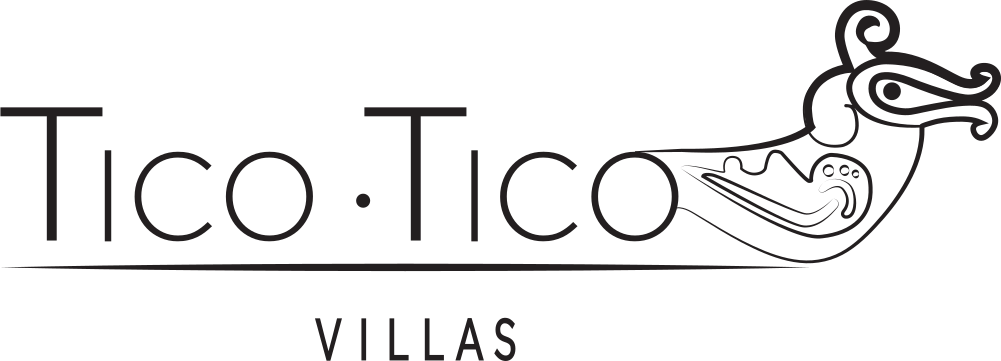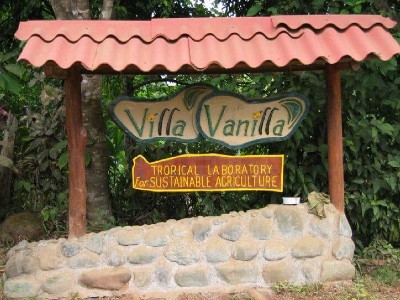Welcome to Villa Vanilla!
Vanilla is the most popular flavor in the world It is also the second most expensive spice flavoring agent and the reason for it's high cost is that it is the most time and labor-intensive crop when taken in consideration cultivation and processing.
The vanilla grown in Costa Rica is a Vanilla planifolia (Fragrans) hybrid, cured according to the Bourbon method popular in Madagascar and the vanilla islands in the Indian Ocean. Henry's farm is now planted with a variety of spice and essential oil cash crops along with minor plantings of common and exotic fruits, trees, flowering and medicinal plants. Henry noticed that the flora diversity has brought back the fauna diversity that is normally present in tropical humid forests. Birds, monkeys and other animals are returning in droves!
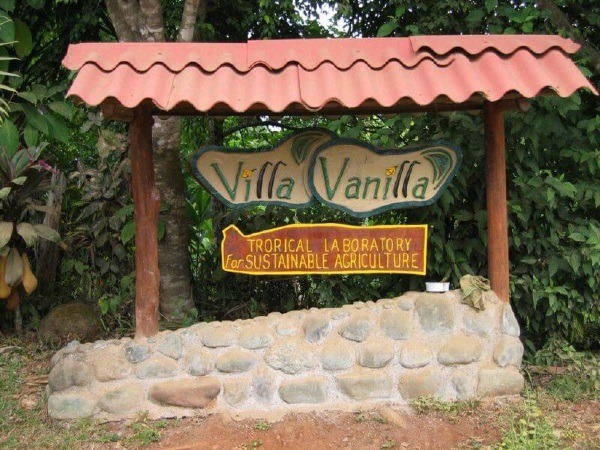
A Sustainable Farm
Sustainable agriculture seeks in principle to promote economic viability, environmental stewardship, and social responsibility. These three tenets are to be embraced as one functional unit. Decisions concerning a sustainable agriculture should then enhance the environment and the farmer's economic situation and benefit the regional society.
Holistic Management gives us a way to move forward on these three tenets. It gives us a way to design agriculture to truly mimic nature's principles of sustainability. It gives us a way to make decisions that automatically take into account the society, the economics, and the environment before they are made.
To better understand how nature functions, her basic processes need to be considered. Looking closely, four basic processes can be found in all natural systems.
First, water falls to earth as rain, filters through the soil and is either taken up by plants or continues downward to become ground water. When water is cycling effectively, floods are infrequent and of lower impact, water is released slowly through underground flow into springs and streams, and erosion is virtually non-existent.
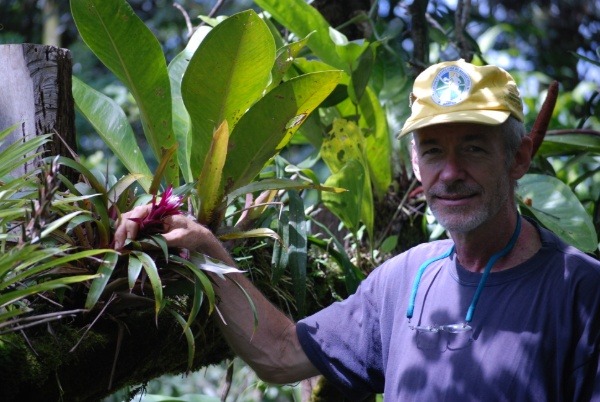
If on the other hand, bare soil is exposed and plant density is low, most water runs off the landscape rapidly resulting in soil erosion, much less water entry into the soil, and severe and more frequent flooding. So, an effective water cycle is apparent in nature and essential to a sustainable agriculture.
A second natural process we can observe in nature is the mineral cycle through the biological system. Minerals needed for biological growth are constantly recycled from soil to plant to animal and back to soil again. There is very little waste in the natural mineral cycle.
There is no need for fertilizer in nature, as all the fertility is recycled again and again with very little loss. Ultimately, to be sustainable, we need to find ways to utilize the natural mineral cycle while minimizing our off-farm purchase of minerals. Farming practices that inhibit the natural mineral cycle, only reduce the sustainability of our farm.
Photo courtesy of rainforestspices.com
